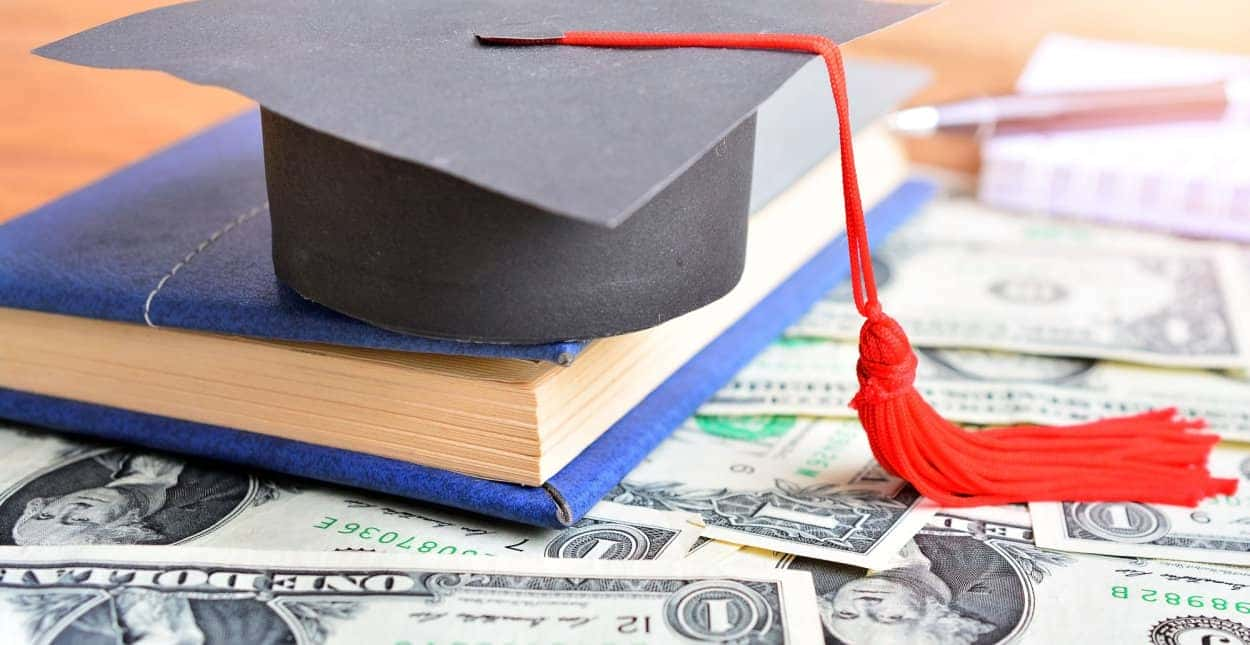According to Tom Aliff, Equifax’s risk advisory leader, the average consumer credit score surged by 15 points during this period, with those previously burdened by poor credit witnessing a 30-point increase.

The temporary halt on student loan payments, initiated in March 2020, potentially played a significant role in elevating Americans’ credit scores over the past three years
Aliff credits federal stimulus measures for enabling consumers to divert funds from unpaid balances, resulting in credit score improvements. A survey by US News & World Report revealed that 79% of borrowers redirected their would-be student loan payments towards various financial objectives such as debt reduction (40%), augmenting savings (37%), expanding investments (28%), and saving for homeownership (24%).
However, with the resumption of student loan payments scheduled for October, borrowers will no longer have this additional financial flexibility. This impending change may lead to a monthly student loan payments surge, ranging from $100 to $500 or more, varying by individual circumstances. A TransUnion study indicates that around half of borrowers will face student loan payments exceeding $200 per month, while one in five may grapple with payments surpassing $500.
Many Americans presently save an average of 3.5% of their income, down from the 7.5% average recorded between 1981 and 2019
This decrease may limit their ability to offset the forthcoming financial strain. Moreover, a significant portion of student loan recipients acquired additional debts, including mortgages and auto loans during the pandemic.
Liz Pagel, TransUnion’s senior vice president of consumer lending, emphasized that introducing new student loan payments could result in a substantial financial adjustment for consumers. Although there are options like loan consolidation, the Department of Education will grant a 12-month grace period for late or missed payments, during which they won’t impact credit scores. Nevertheless, interest will continue to accrue. Delinquencies remain a crucial factor in credit profiles, and borrowers should carefully explore repayment alternatives through resources available on the Federal Student Aid website.




